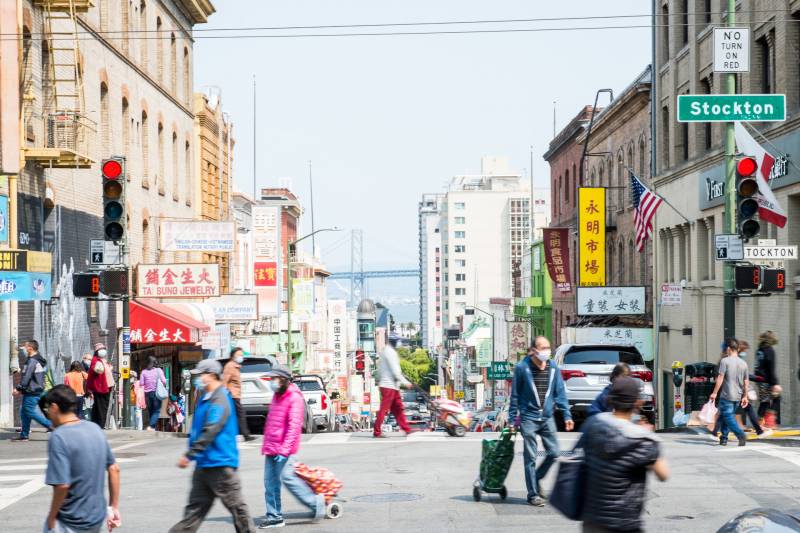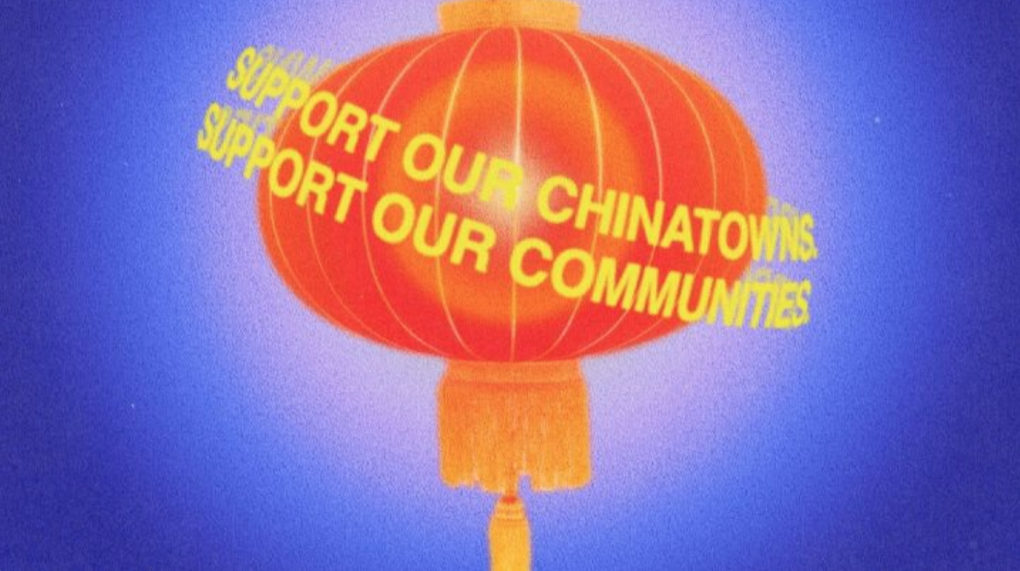Several elders were recently attacked in Oakland's Chinatown, including a 91-year-old man who was violently shoved to the ground on Jan. 31. Also in late January, an 84-year-old man died following an attack in San Francisco's Anza Vista neighborhood.
The attacks — both of which were captured on video — are just the most recent examples of a disturbing trend of violence and hate toward Asian and Asian American people.
A new tally released this week from the Stop AAPI Hate reporting center — a project based out of San Francisco State University that asks members of Asian American and Pacific Islander communities across the nation to self-report acts of hate and discrimination — found that there have been at least 2,808 incidents of anti-Asian hate in the U.S. since the pandemic began.
Of those reports, 1,226 incidents took place in California, and 708 in the Bay Area alone. The majority of incidents in the Bay Area — 292 — took place in San Francisco. The cities with the second and third most incidents were San Jose (58) and Oakland (55).


